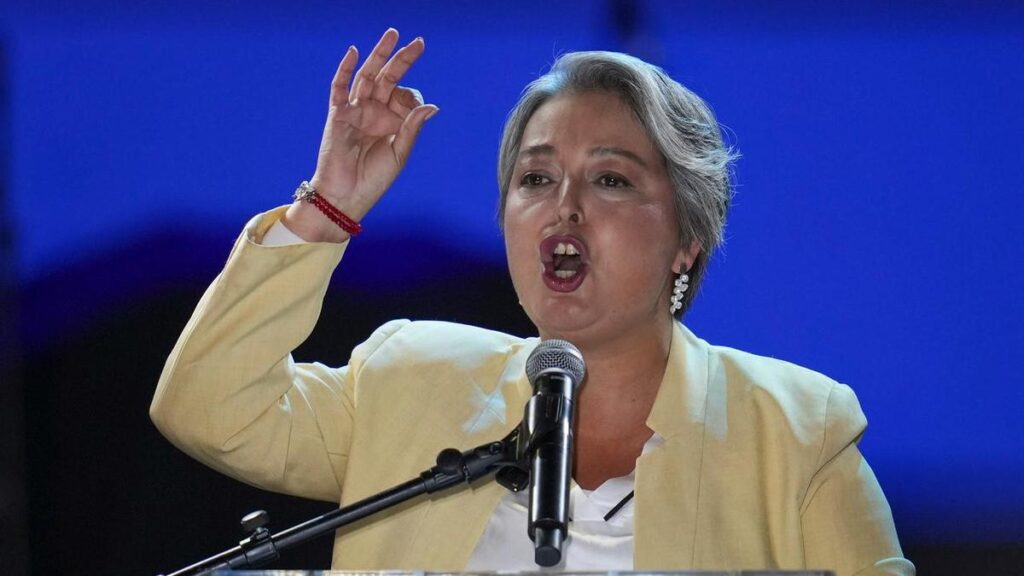
Chilean voters are casting their ballots to select a successor to outgoing President Gabriel Boric. Leading the polls is Jeannette Jara, a member of the Communist Party, who is vying against prominent right-wing candidates including José Antonio Kast, conservative Evelyn Matthei, and far-right politician Johannes Kaiser. With no candidate expected to secure an absolute majority, a run-off election between the top two candidates is anticipated in December.
The election not only determines the next president but also involves nearly half of the senators and all 155 members of the Chamber of Deputies. Campaign discussions have largely revolved around pressing economic issues, crime, and migration. While Chile remains one of the safest countries in the region, recent increases in crime rates in certain areas have raised concerns among the electorate.
Under constitutional rules, Boric is ineligible to seek re-election after serving his four-year term. Approximately 15.8 million citizens are eligible to participate in this election, where voting is compulsory. The results are expected to be announced late on election night.
Election Dynamics and Potential Scenarios
As Jara currently leads the polls, political analysts suggest that a coalition among defeated right-wing candidates could significantly shift the dynamics in a potential run-off. The prevailing sentiment among observers is that a right-wing candidate could have an advantage if they unify their support base effectively.
The stakes are high for both sides, as the newly elected president will take office on March 11, 2026. The outcome of this election is poised to shape Chile’s political landscape and influence policies regarding economic recovery and public safety in the coming years.
The focus on economic matters reflects broader concerns among voters, particularly in light of recent inflation and cost-of-living increases. Many Chileans are eager for a candidate who can address these pressing challenges while ensuring stability and security.
As the polls close and the counting begins, all eyes will be on the results that will determine the future direction of Chilean governance.







